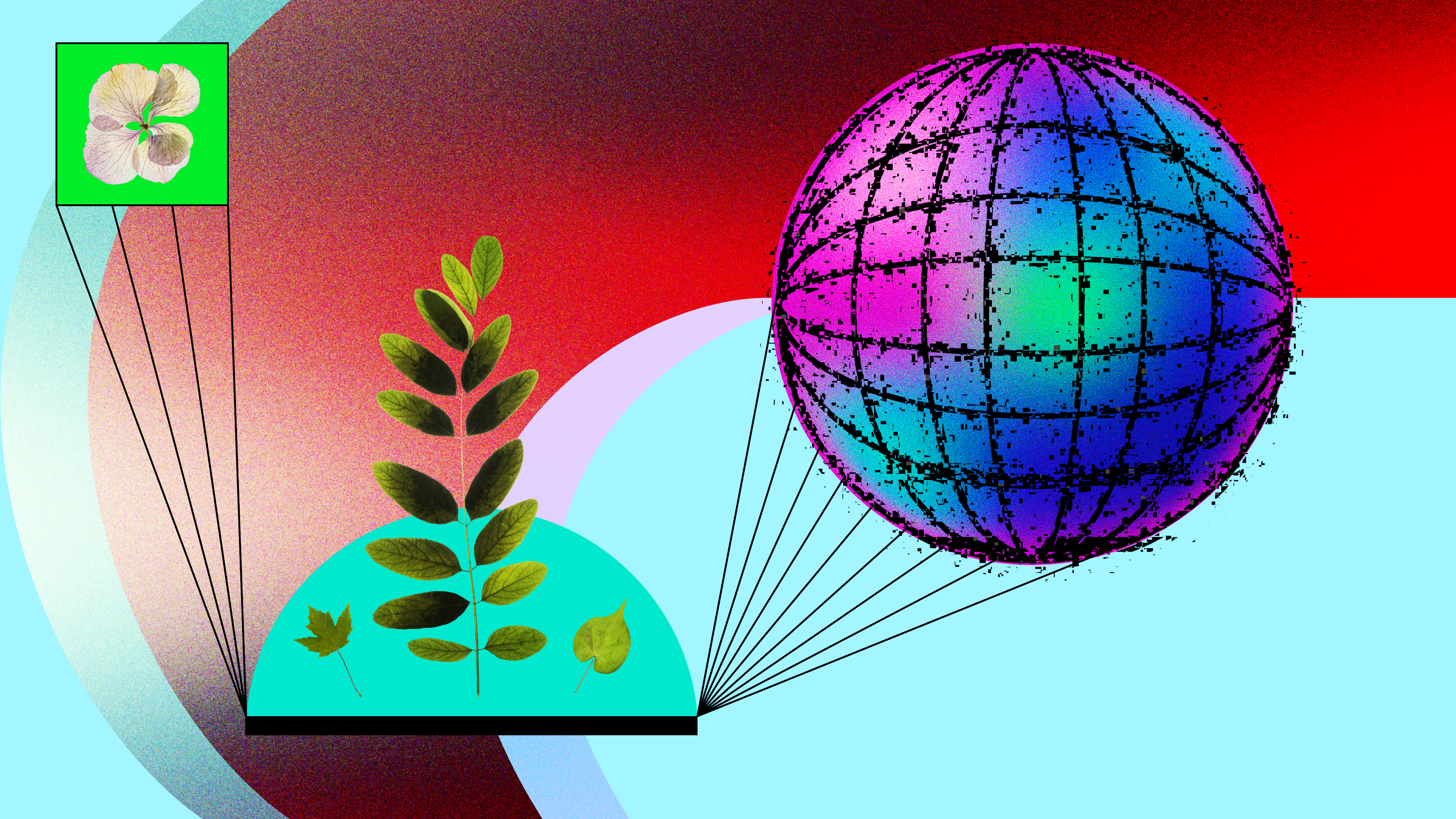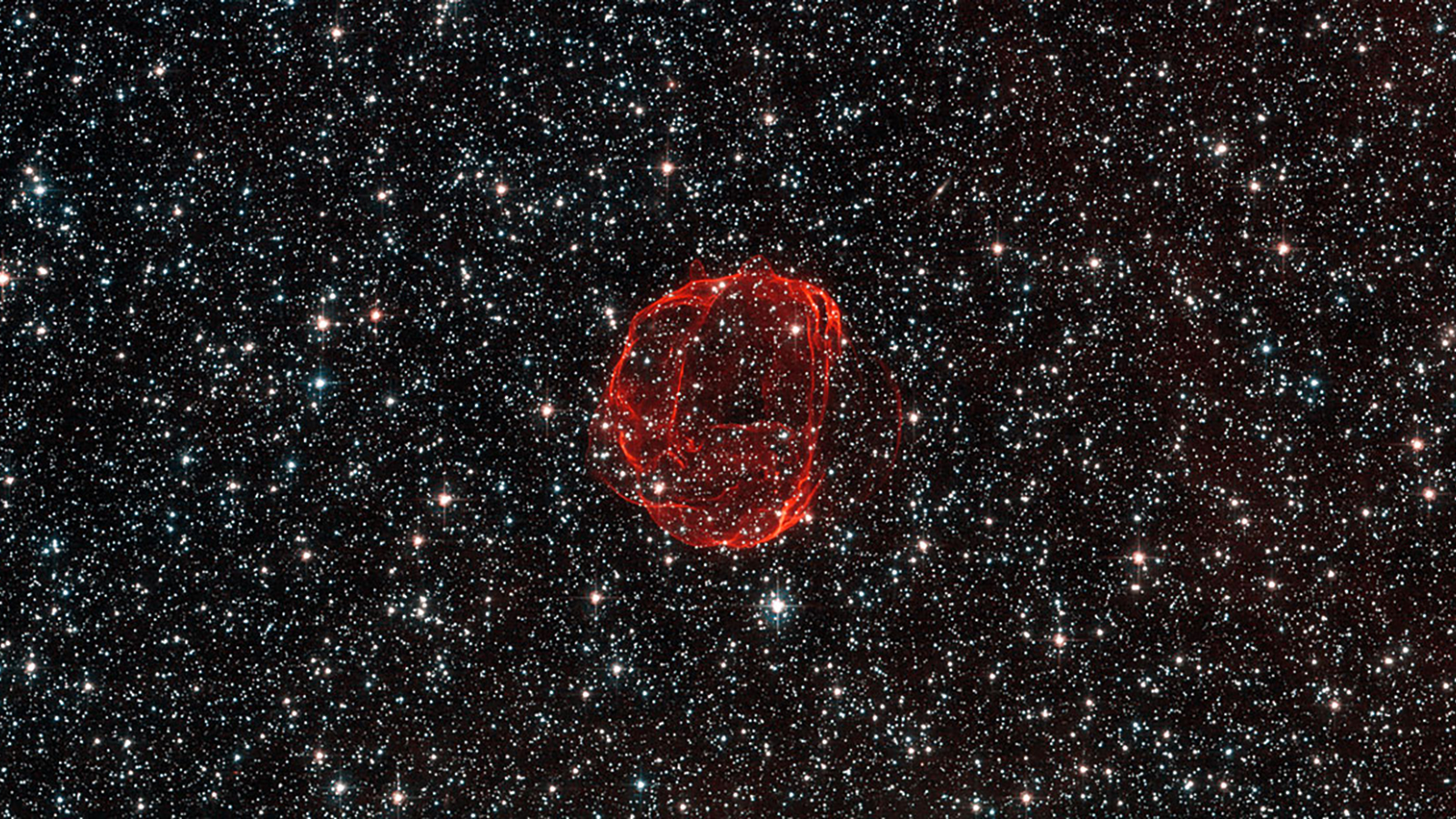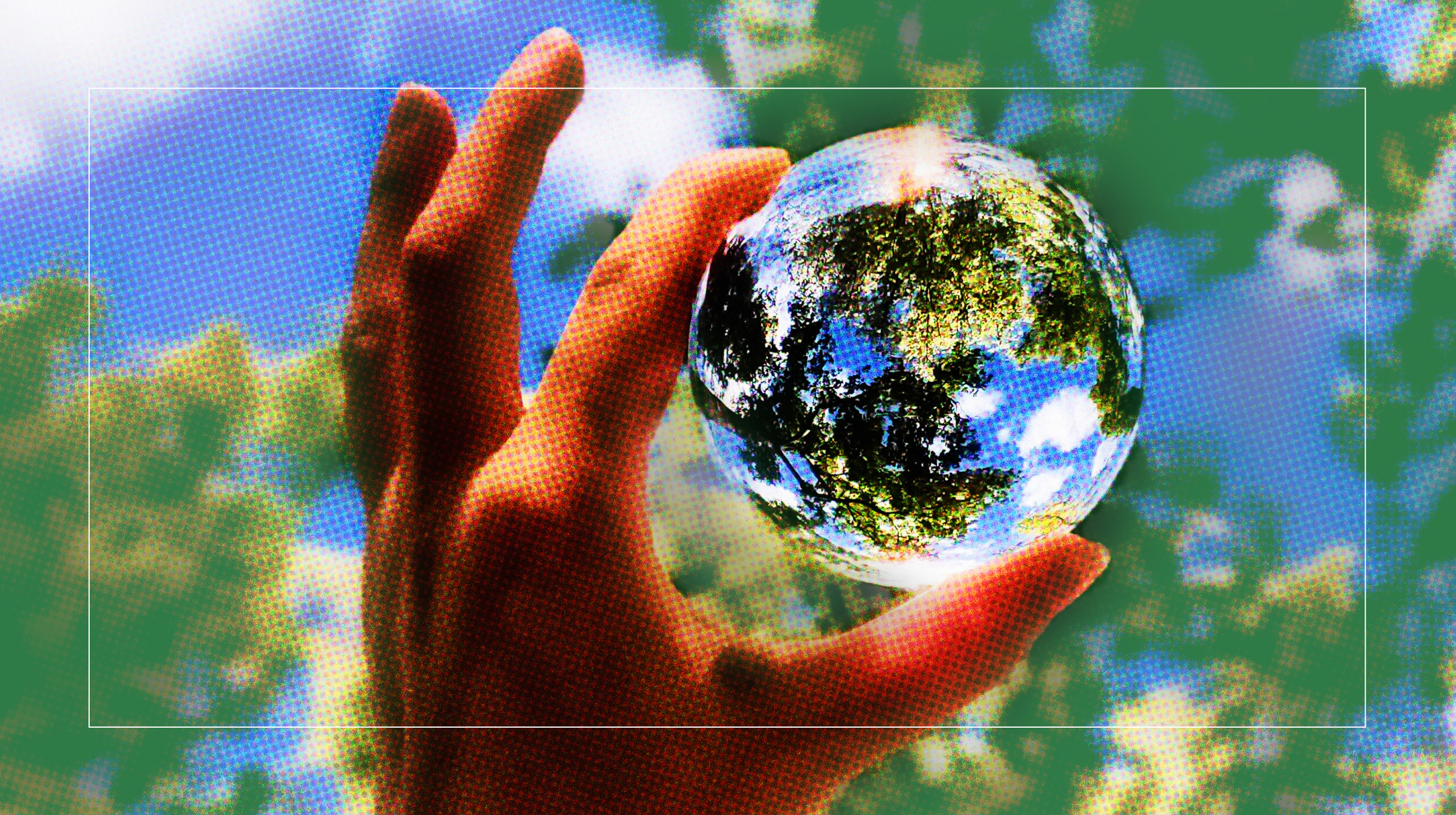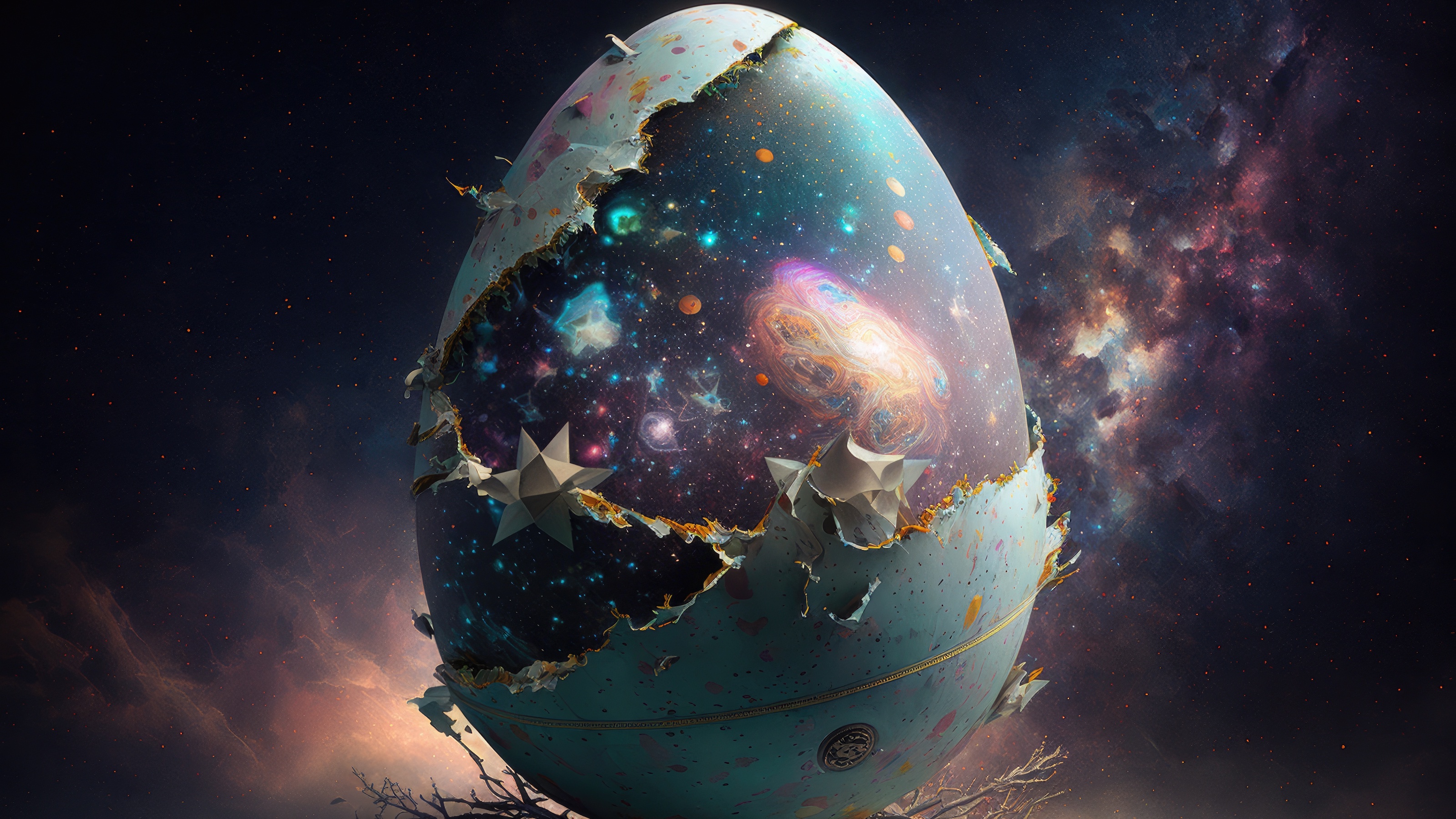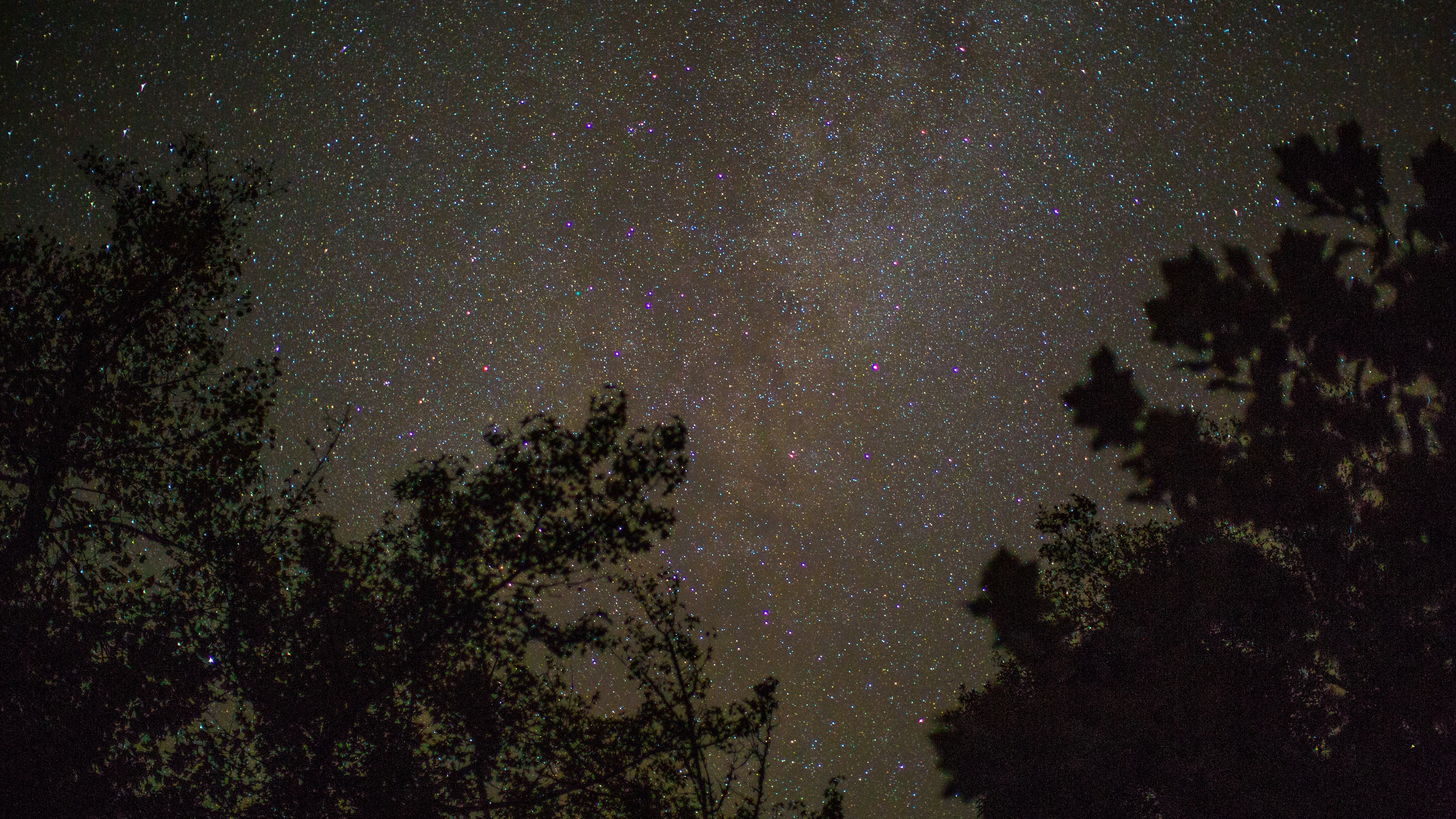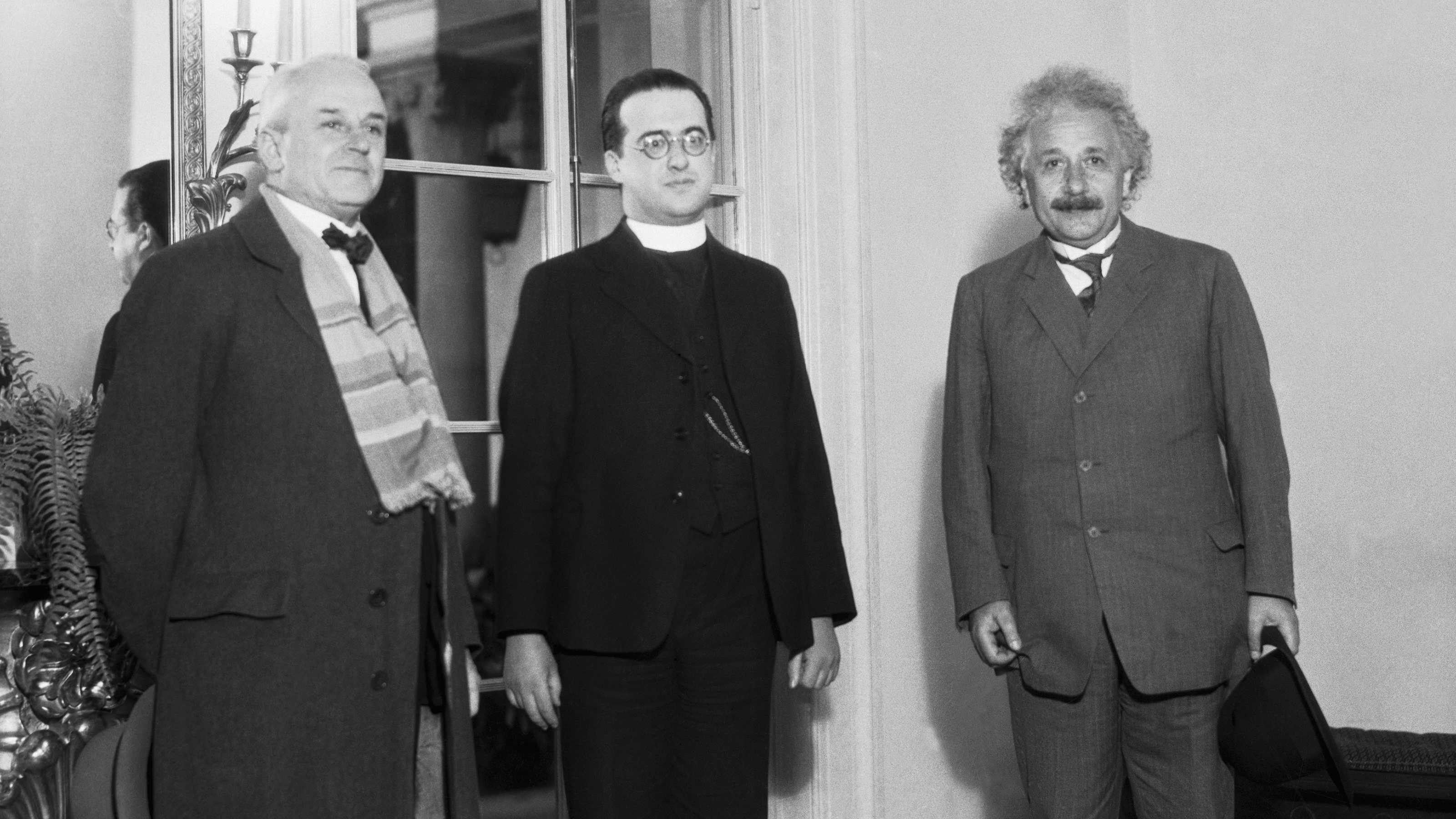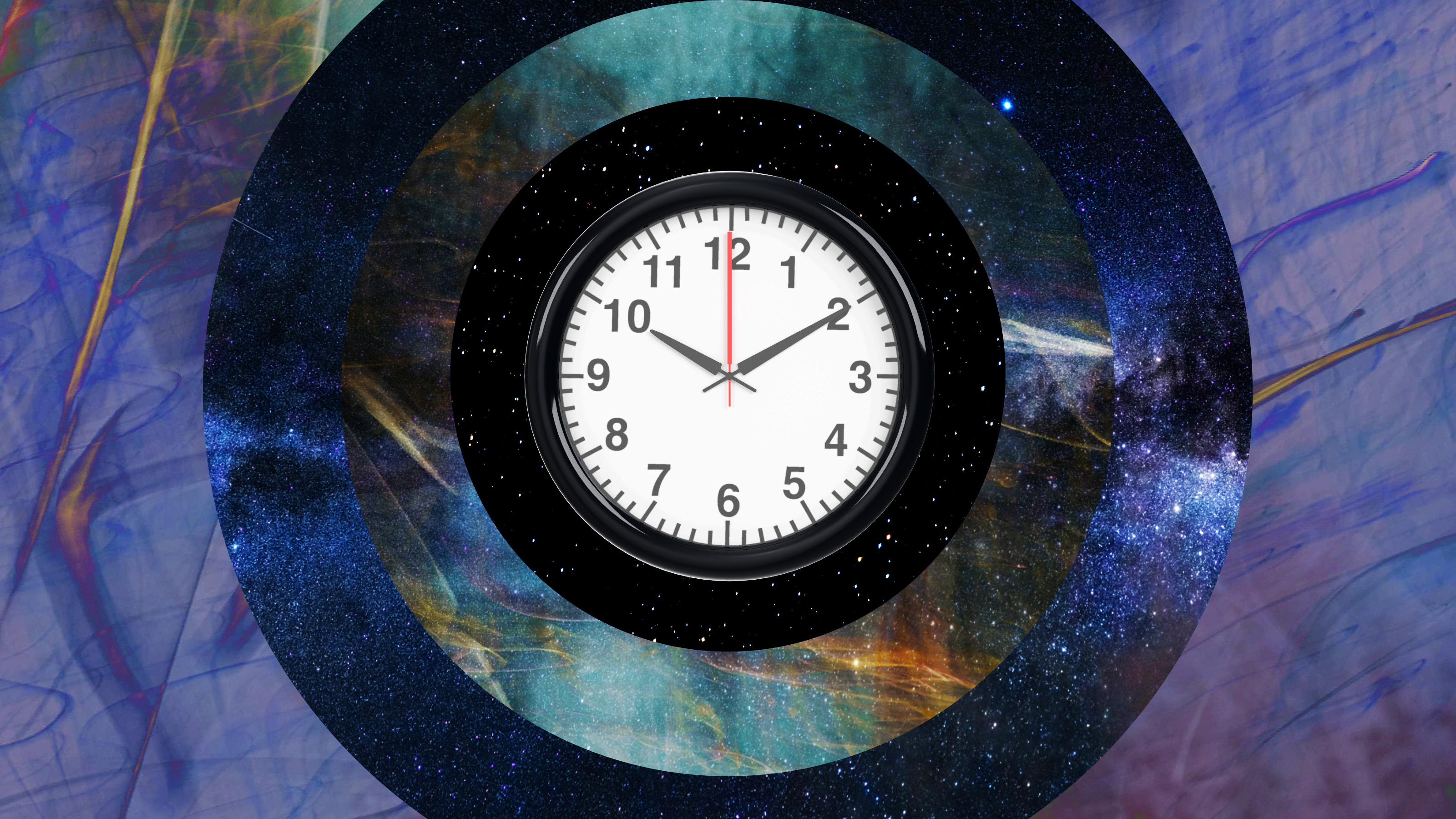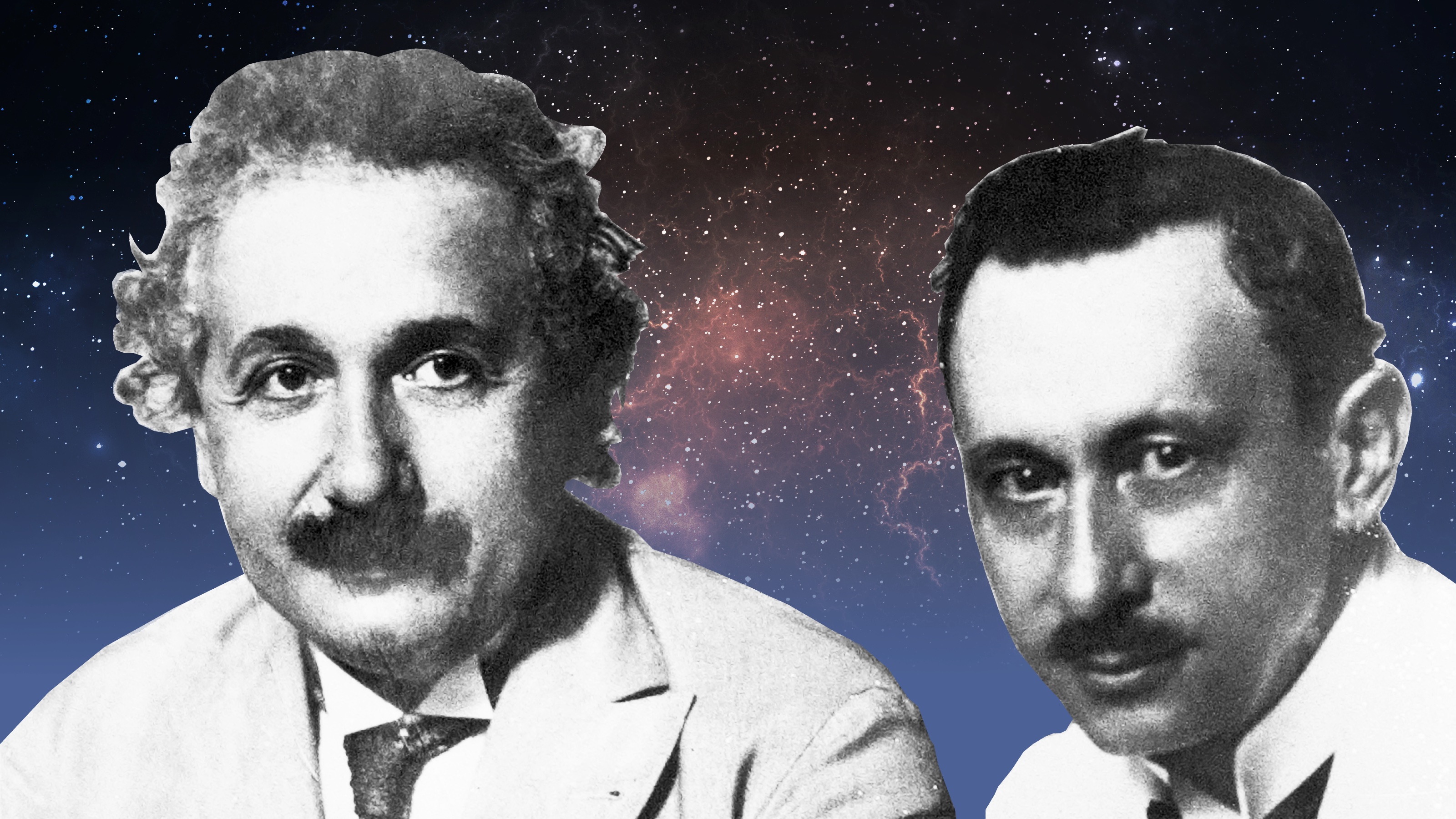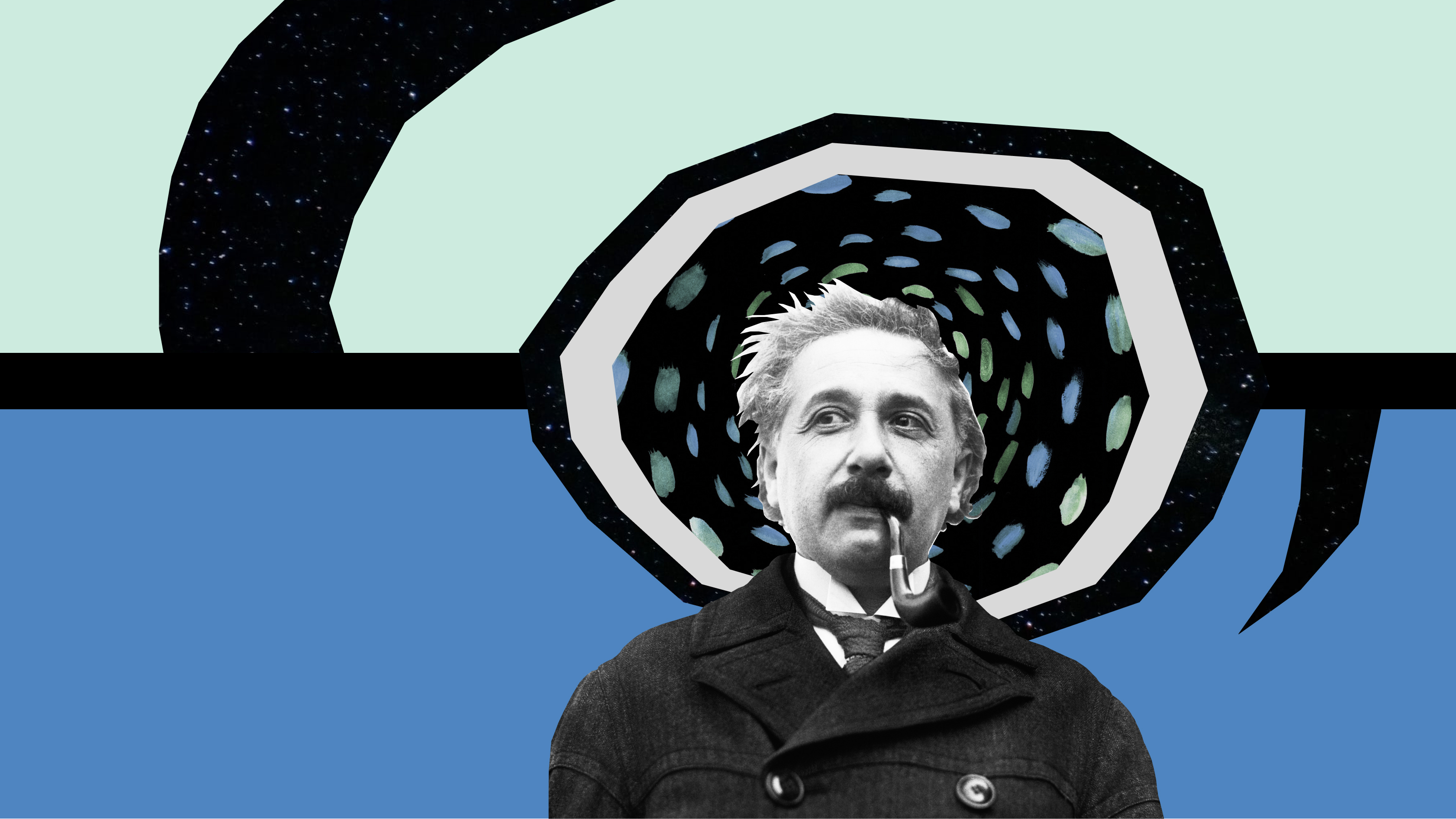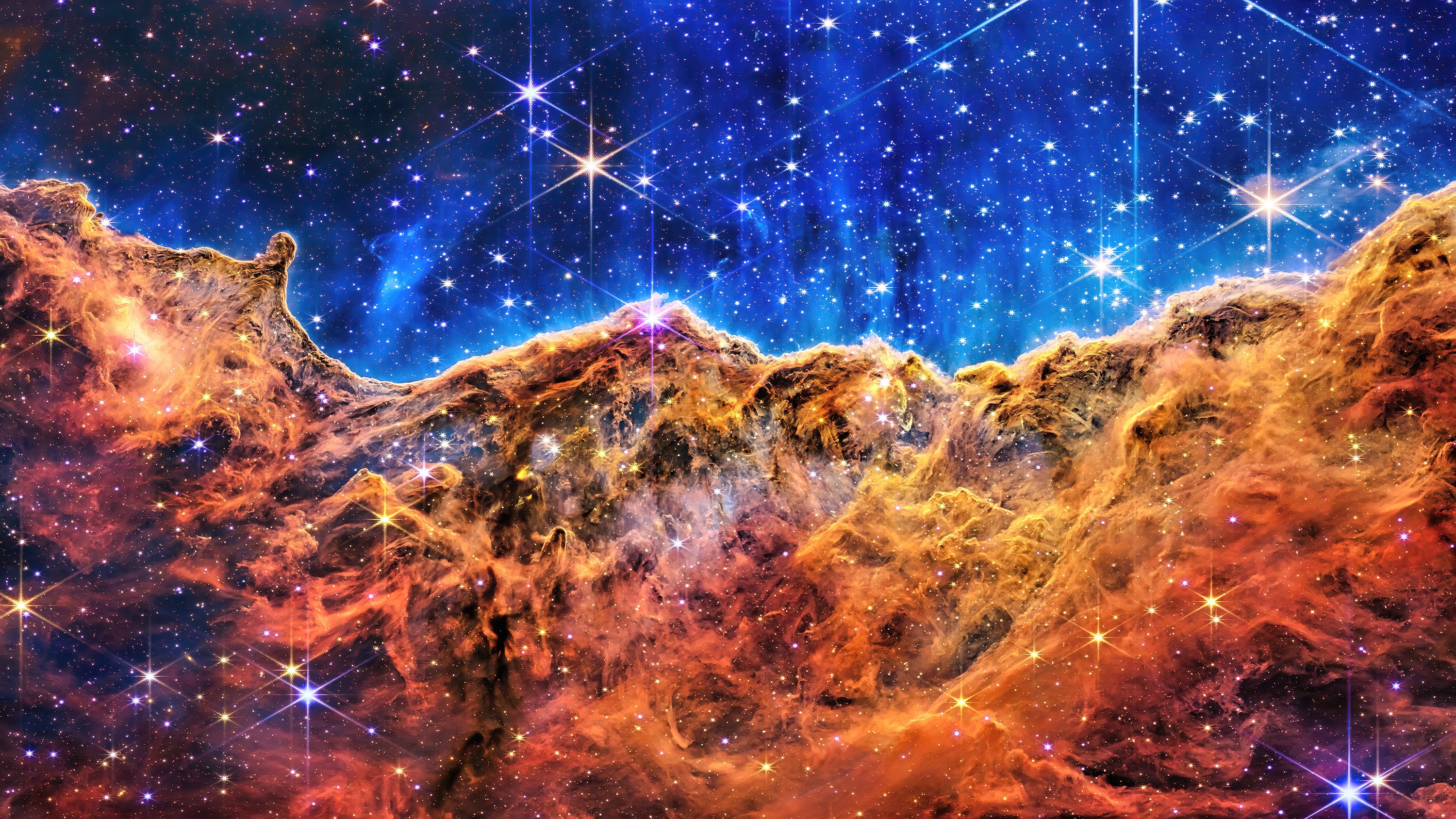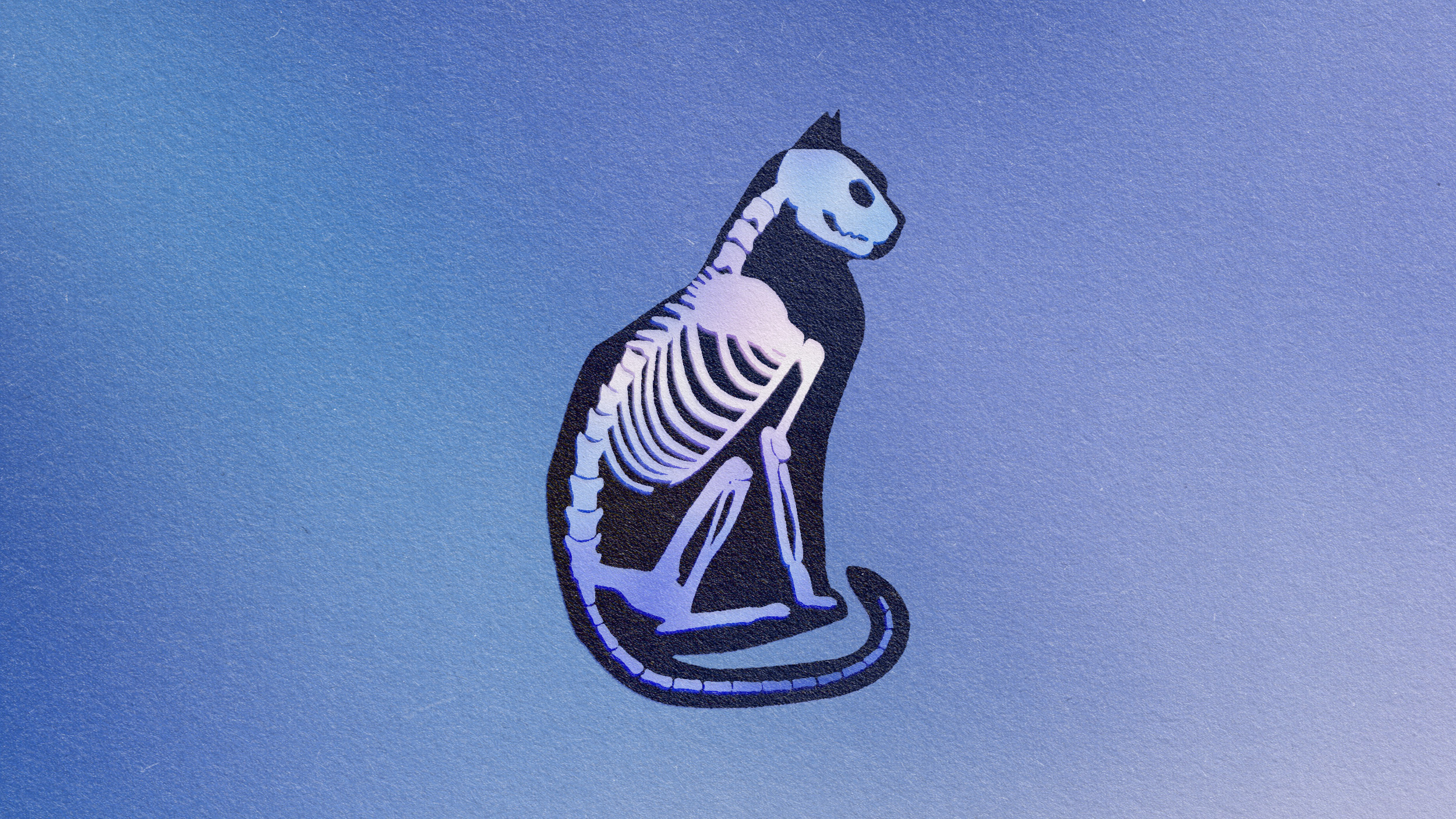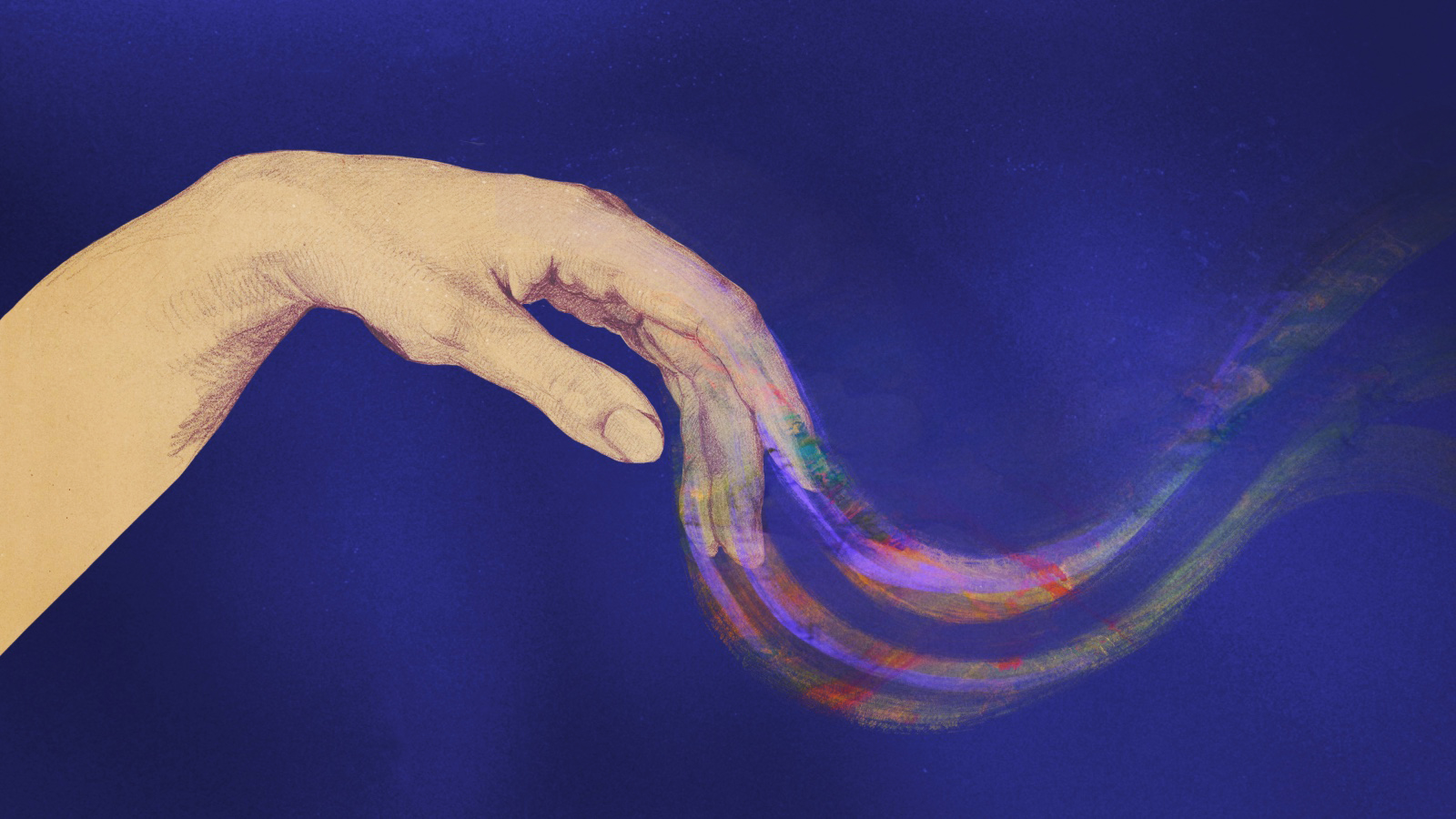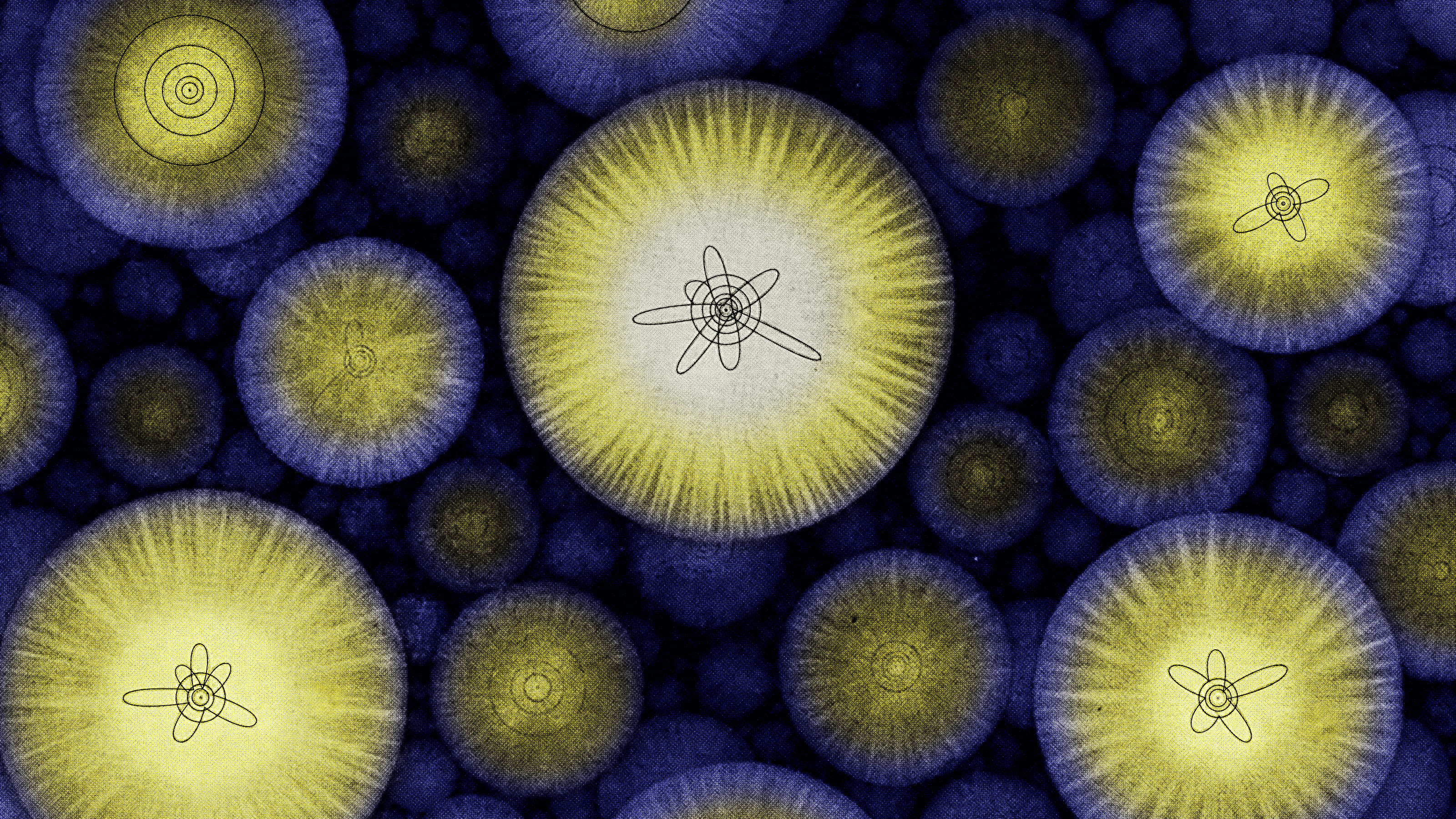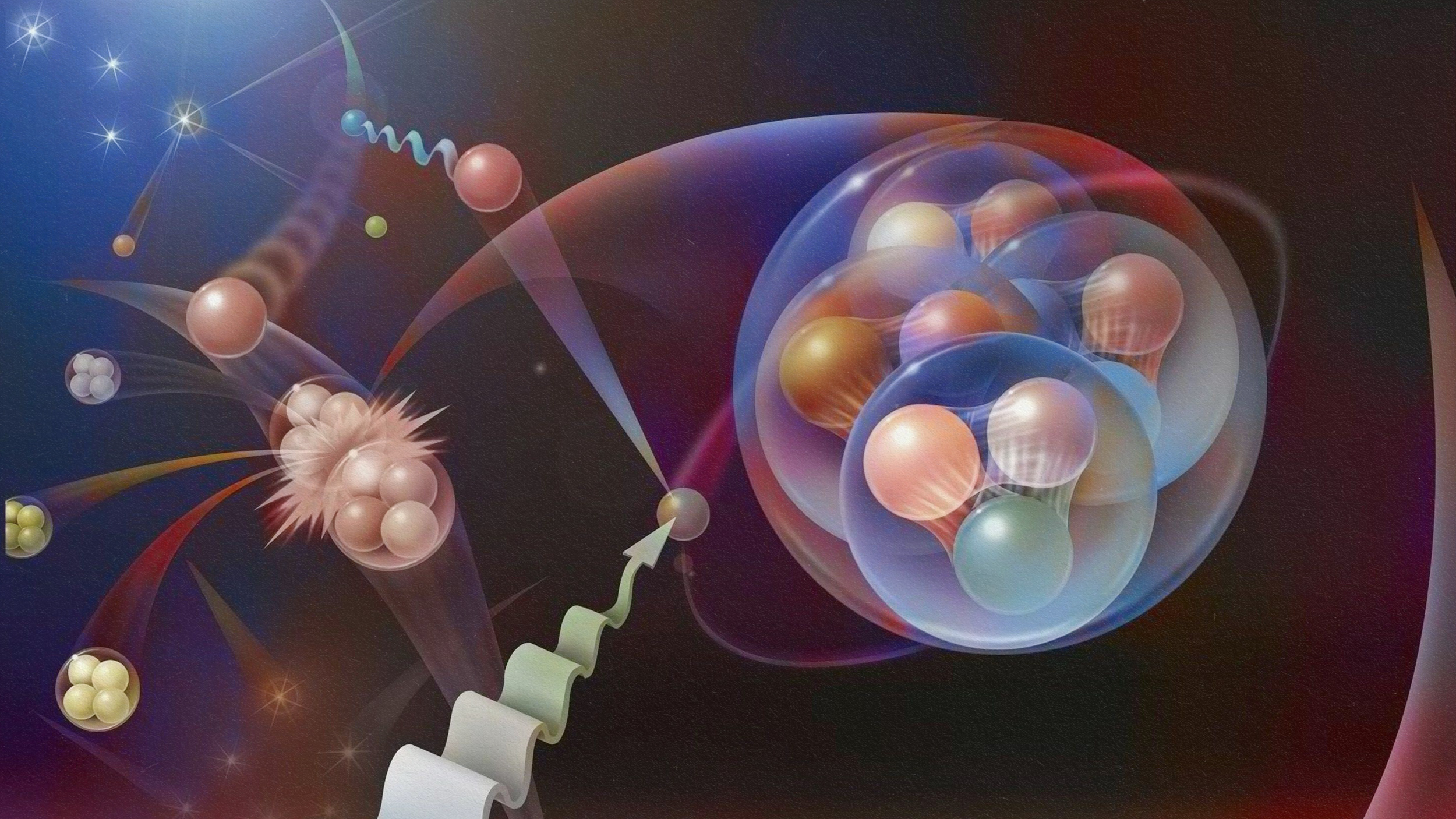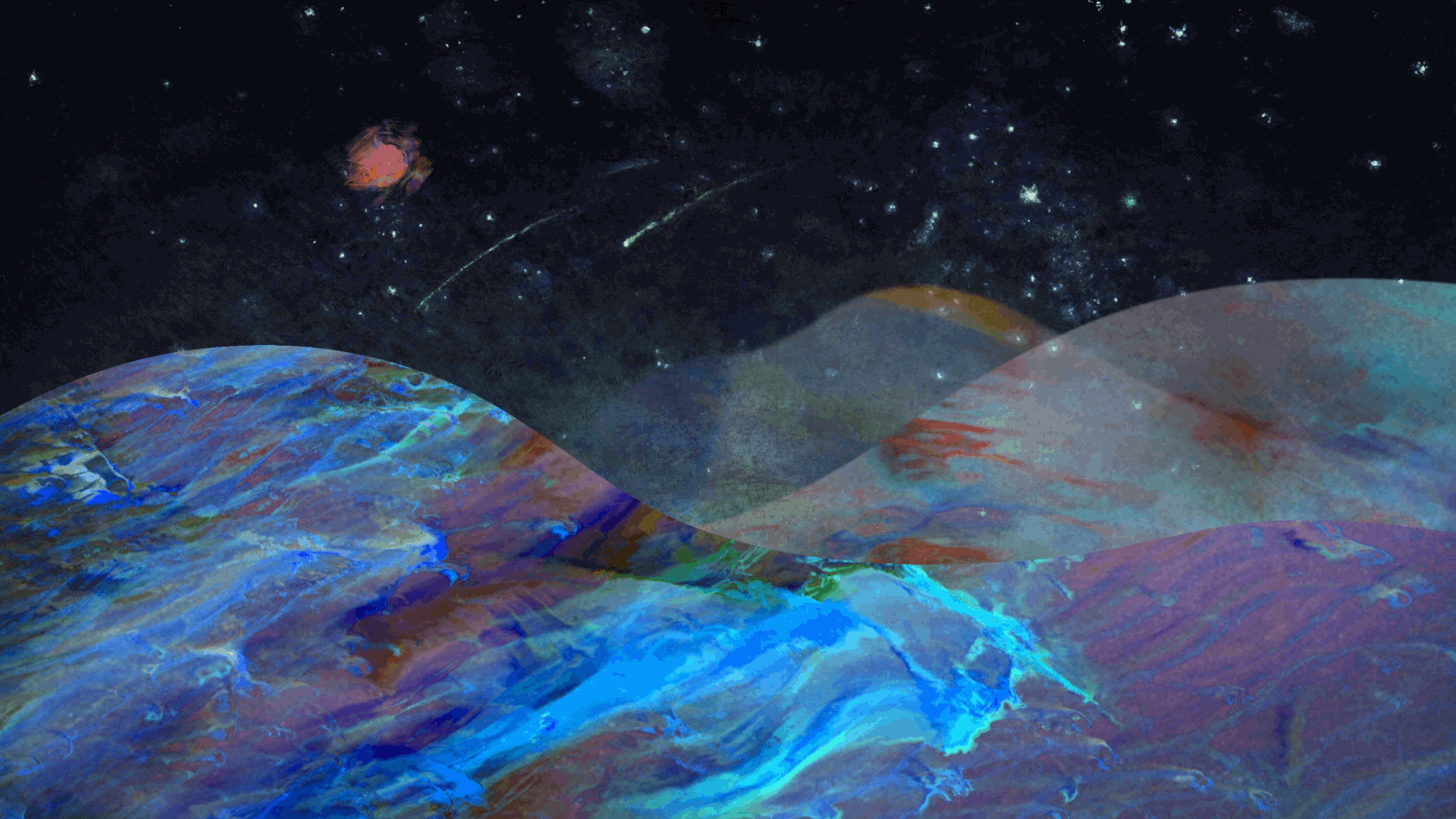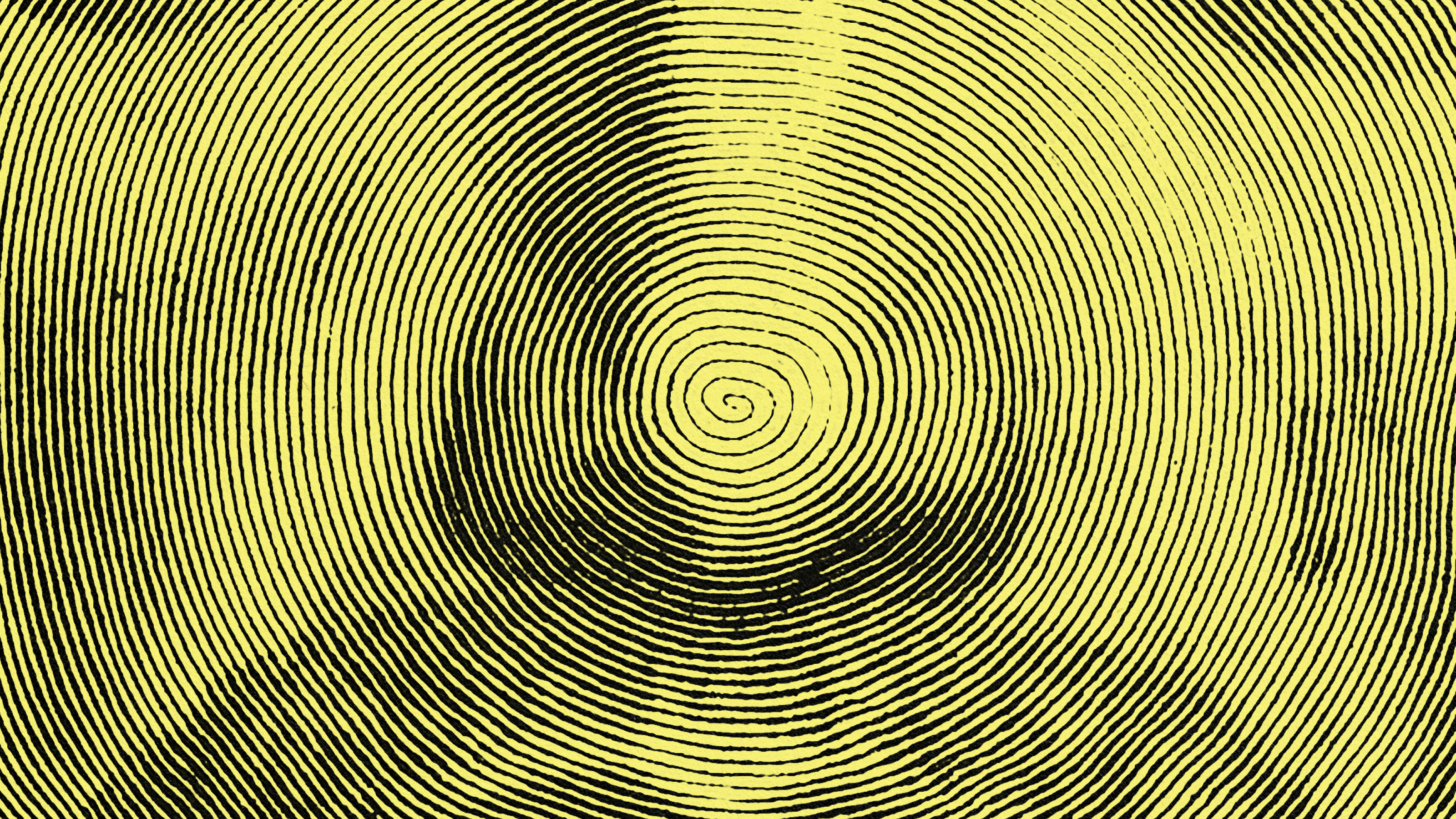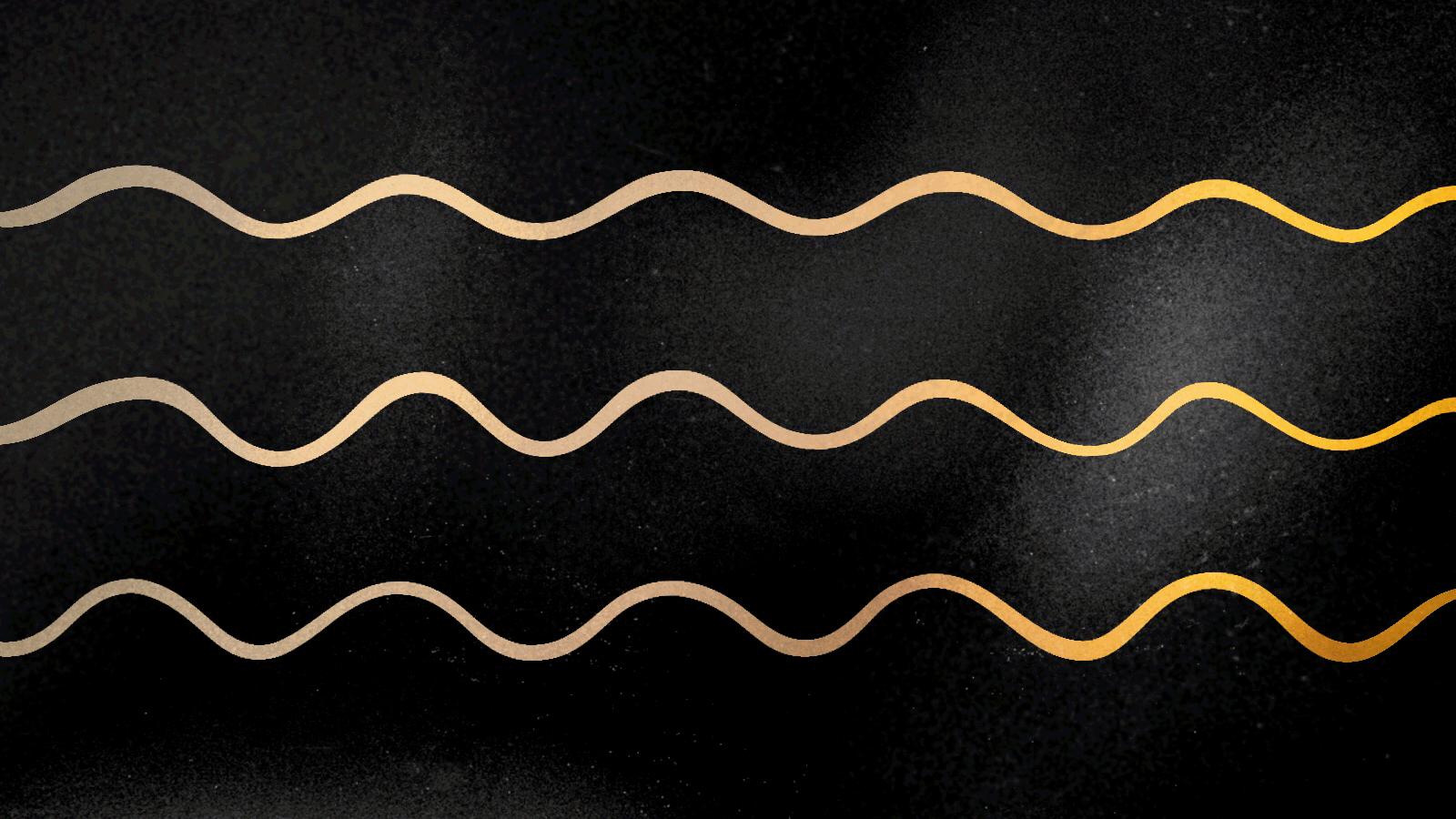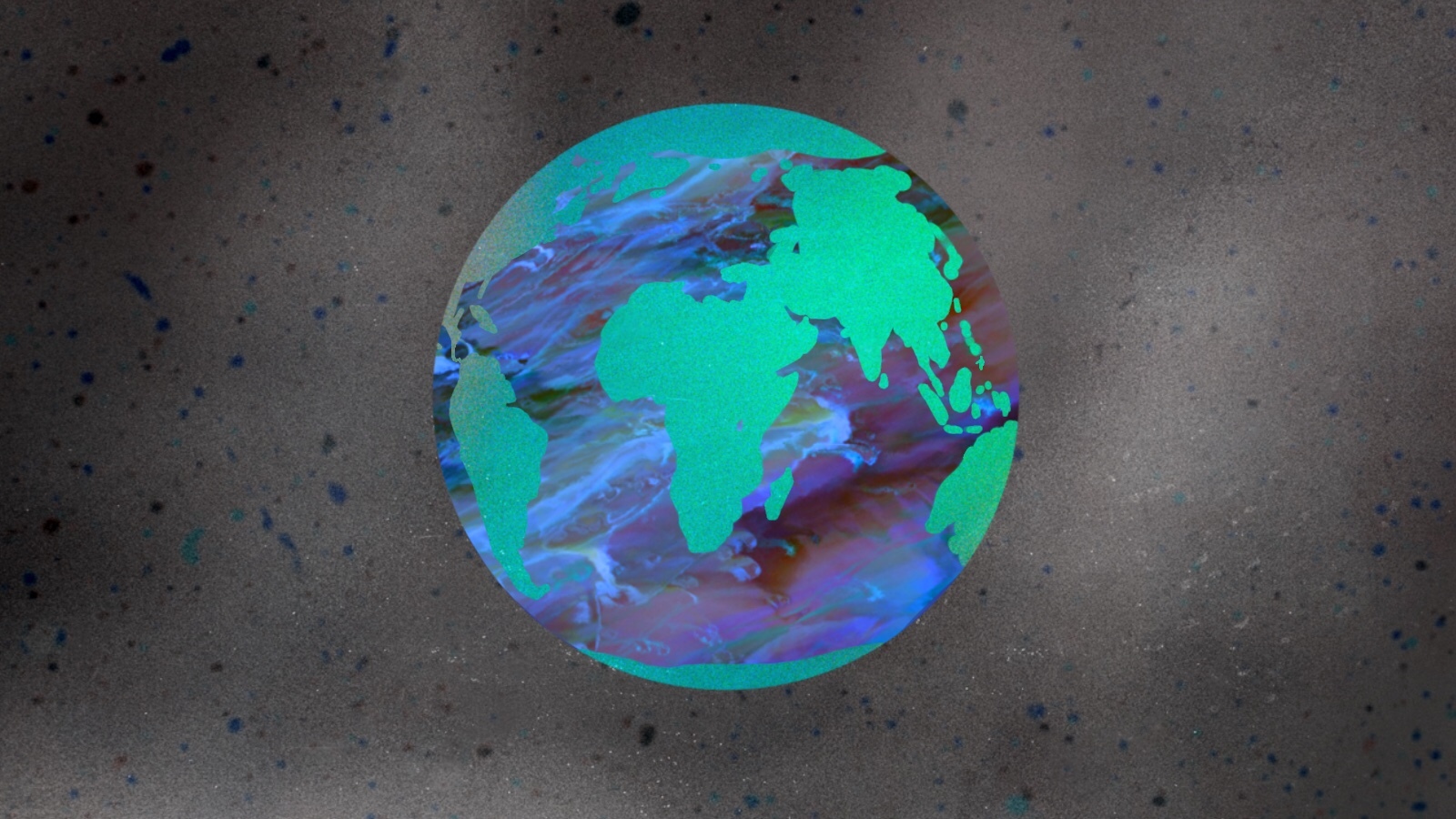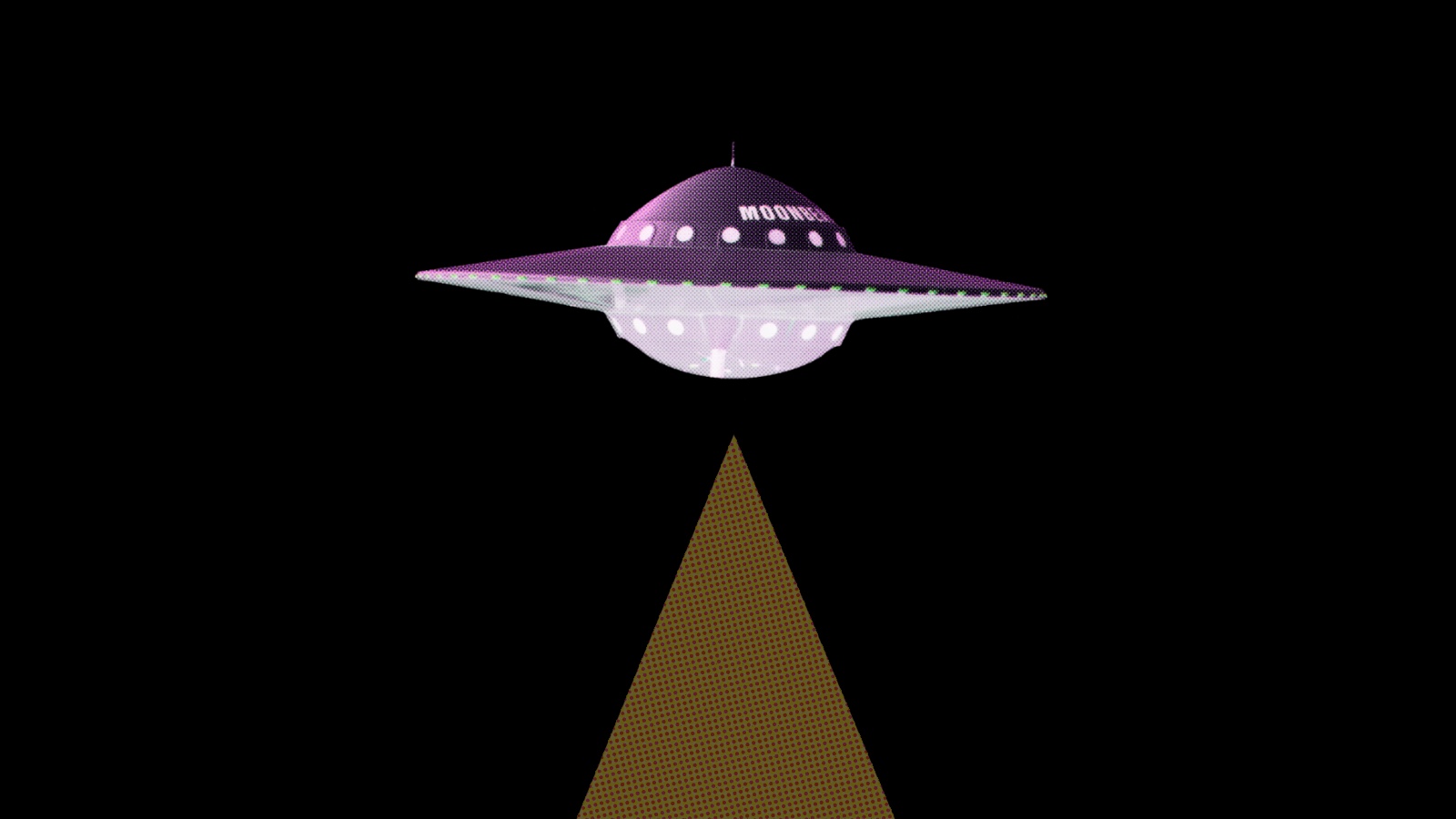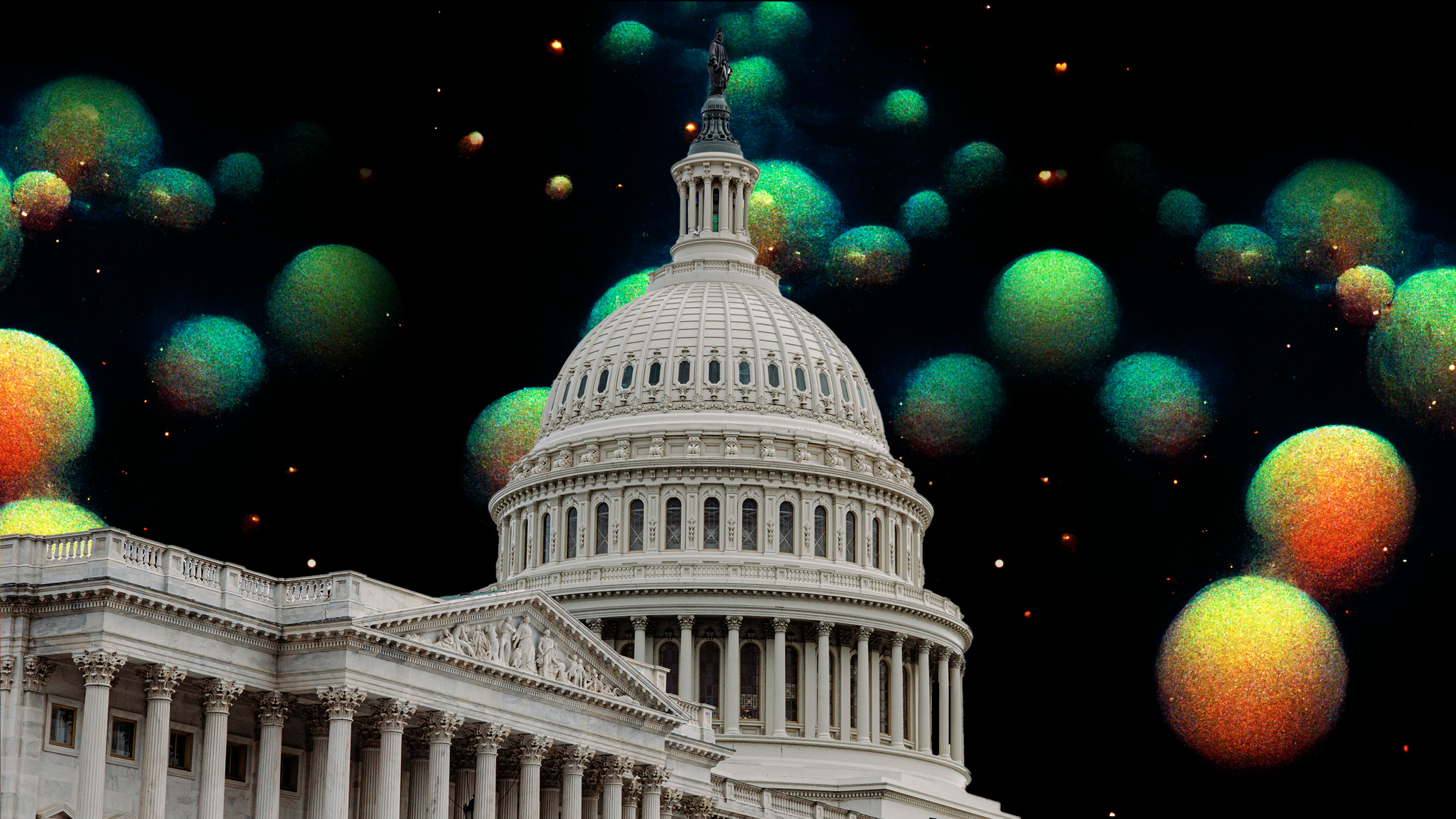Marcelo Gleiser
Theoretical Physicist
Marcelo Gleiser is a professor of natural philosophy, physics, and astronomy at Dartmouth College. He is a Fellow of the American Physical Society, a recipient of the Presidential Faculty Fellows Award from the White House and NSF, and was awarded the 2019 Templeton Prize. Gleiser has authored five books and is the co-founder of 13.8, where he writes about science and culture with physicist Adam Frank.

We have become the greatest threat to ourselves and to life on this planet. We need a set of agreed-upon safeguards to preserve our future.
What began as an annoyance ended as a Nobel Prize-winning discovery about the Big Bang and the origin of the Universe.
Once the initial blaze of heat dissipated, the constituent particles of atoms were free to bind.
The acceptance of our cosmic loneliness and the rarity of our planet is a wakeup call.
What would become the Big Bang model started from a crucial idea: that the young Universe was denser and hotter.
For many years, some cosmologists embraced the idea of an eternal, steady state universe. But science triumphed over philosophical prejudice.
Einstein called his idea “abominable,” but the world of physics came around to embracing the views of Georges Lemaître.
If the evolution of the Universe is a movie, what happens when we rewind it all the way backward?
Theory without experiment is blind, and experiment without theory is lame.
How scientists found out that we live in a cosmic aquarium.
Not even Einstein immediately knew the power of the equations he gave us.
Lonely humans will become infatuated with AI-fabricated personas.
It is a story with nebulous beginnings and no discernible end.
Though quantum mechanics is an incredibly successful theory, nobody knows what it means. Scientists now must confront its philosophical implications.
Experiments tell us quantum entanglement defies space and time.
To Einstein, nature had to be rational. But quantum physics showed us that there was not always a way to make it so.
The central equation of quantum mechanics, the Schrödinger equation, is different from the equations found in classical physics.
Quantum superposition challenges our notions of what is real.
The quantum world — and its inherent uncertainty — defies our ability to describe it in words.
A concept known as “wave-particle duality” famously applies to light. But it also applies to all matter — including you.
Light carries with it the secrets of reality in ways we cannot completely understand.
Like Dua Lipa, he had to create new rules.
The quantum world is one in which rules that are completely foreign to our everyday experience dictate bizarre behavior.
We cannot afford to dream about living on other worlds while we continue to destroy ours.
Humanity is in trouble. Here’s how aliens could help.
Your mentors made time for you. Now, go and make time for others.
Our understanding always will remain incomplete.
Do we still remember what we learned in the 1940s?
Living is about staying busy.
